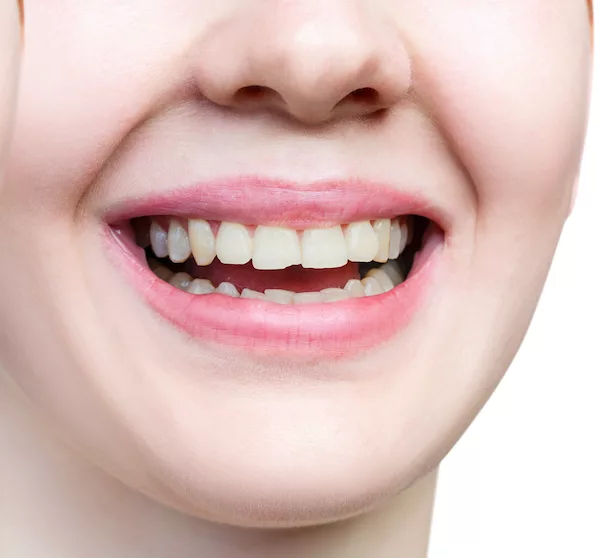Dental emergencies can be painful and stressful, but it’s important to know what to do if one occurs. Here are some of the most common dental emergencies and how to handle them:
- Toothache
A toothache can be caused by a variety of reasons, including decay, infection, or trauma. To relieve the pain, rinse your mouth with warm salt water, use a cold compress on the outside of your cheek, and take over-the-counter pain medication if necessary. Call your dentist for an emergency appointment as soon as possible. - Chipped or broken tooth
If you have a chipped or broken tooth, rinse your mouth with warm water and apply a cold compress to reduce swelling. Save any broken pieces of the tooth if possible and bring them with you to your emergency appointment. - Knocked-out tooth
If you have a tooth knocked out, rinse it off (but don’t touch the roots) and try to put it back in place if possible. If that’s not possible, place the tooth in a cup of milk or saline solution and get to the dentist immediately. - Lost filling or crown
If you’ve lost a filling or crown, rinse your mouth with warm water and apply a cold compress if there’s pain or swelling. You can use over-the-counter dental cement or sugarless gum to temporarily fill the area until you can see your dentist. - Soft tissue injury
If you have a cut or tear in your cheek, lip, or tongue, rinse your mouth with warm water and apply a cold compress. If the bleeding does not stop, go to the emergency room immediately.
By being prepared for these common dental emergencies and knowing how to handle them, you can reduce your stress and improve your chances of saving your tooth. However, it’s important to remember that the best way to avoid dental emergencies is to maintain good oral hygiene and see your dentist regularly for check-ups and cleanings.




